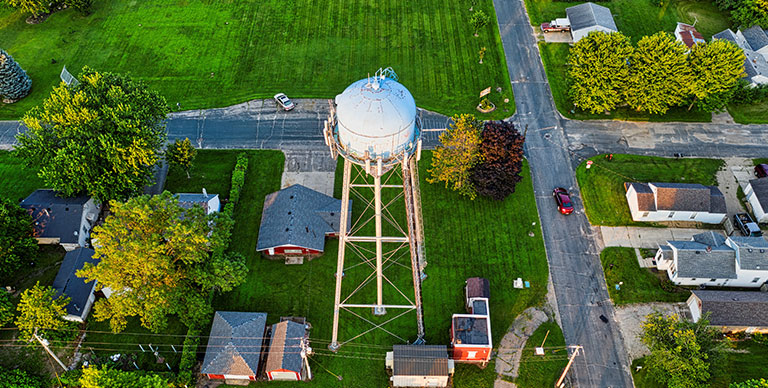
In India, a nation characterized by its diverse landscapes and varying climatic conditions, access to clean water remains a significant challenge. Mobile populations, including migrant workers, nomadic tribes, and rural communities, often face difficulties in securing safe drinking water. Addressing this issue requires innovative solutions in portable water storage that cater to the unique needs of these transient communities.
The Context of Water Scarcity
India is home to approximately 1.3 billion people, and a substantial number of these individuals live in areas where clean water is either scarce or difficult to access. Seasonal migration for work or to escape natural calamities is common, leaving many without reliable water sources. Traditional storage methods, such as clay pots or large barrels, are often impractical for those on the move. Therefore, innovative portable water storage solutions are essential for improving access to safe drinking water.
Emerging Technologies in Water Storage
1. Lightweight Water Bladders
One of the most promising developments in portable water storage is the use of lightweight, collapsible water bladders. These bladders, made from durable and flexible materials, can hold significant volumes of water while remaining easy to transport. They can be rolled up or folded when not in use, making them ideal for individuals who frequently relocate. Moreover, some designs are equipped with filtration systems that ensure the water remains safe to drink.
2. Modular Water Containers
Modular water containers are another innovation gaining traction. These containers can be interconnected to form larger storage units or used independently, providing flexibility for varying needs. Made from food-grade materials, they are designed to be durable and resistant to leakage. The modular design allows for easy stacking and transport, making it convenient for families or groups on the move. Additionally, some models include built-in purification systems, ensuring that the water stored is free from contaminants.
3. Smart Water Bottles
In the era of technology, smart water bottles are becoming increasingly relevant. These bottles are equipped with sensors that monitor water quality, including pH levels and the presence of harmful contaminants. They can connect to smartphones via Bluetooth, providing real-time data on water safety. For mobile populations, these bottles offer the reassurance of clean drinking water, making them a vital tool for those constantly on the go.
4. Portable Water Purification Systems
Innovative purification systems designed for portability are also making a significant impact. These systems often utilize solar energy or hand-pump mechanisms to filter and purify water from various sources, including rivers and lakes. By providing access to clean water wherever they go, these portable purifiers empower mobile populations to remain hydrated and healthy, reducing the risk of waterborne diseases.
Societal Impact
The introduction of these innovations has profound implications for India’s mobile populations. Improved access to safe drinking water can lead to better health outcomes, increased productivity, and enhanced quality of life. Furthermore, the availability of reliable water storage solutions can alleviate some of the burdens associated with frequent relocation, allowing individuals to focus on work and family rather than the constant search for clean water.
Conclusion
Innovations in portable water storage are vital for addressing the unique challenges faced by India’s mobile populations. By leveraging advancements in technology, we can improve access to safe drinking water, enhance public health, and empower communities. As India continues to evolve, it is imperative that we prioritize these solutions, ensuring that everyone, regardless of their mobility, has access to the basic necessity of life clean water.


